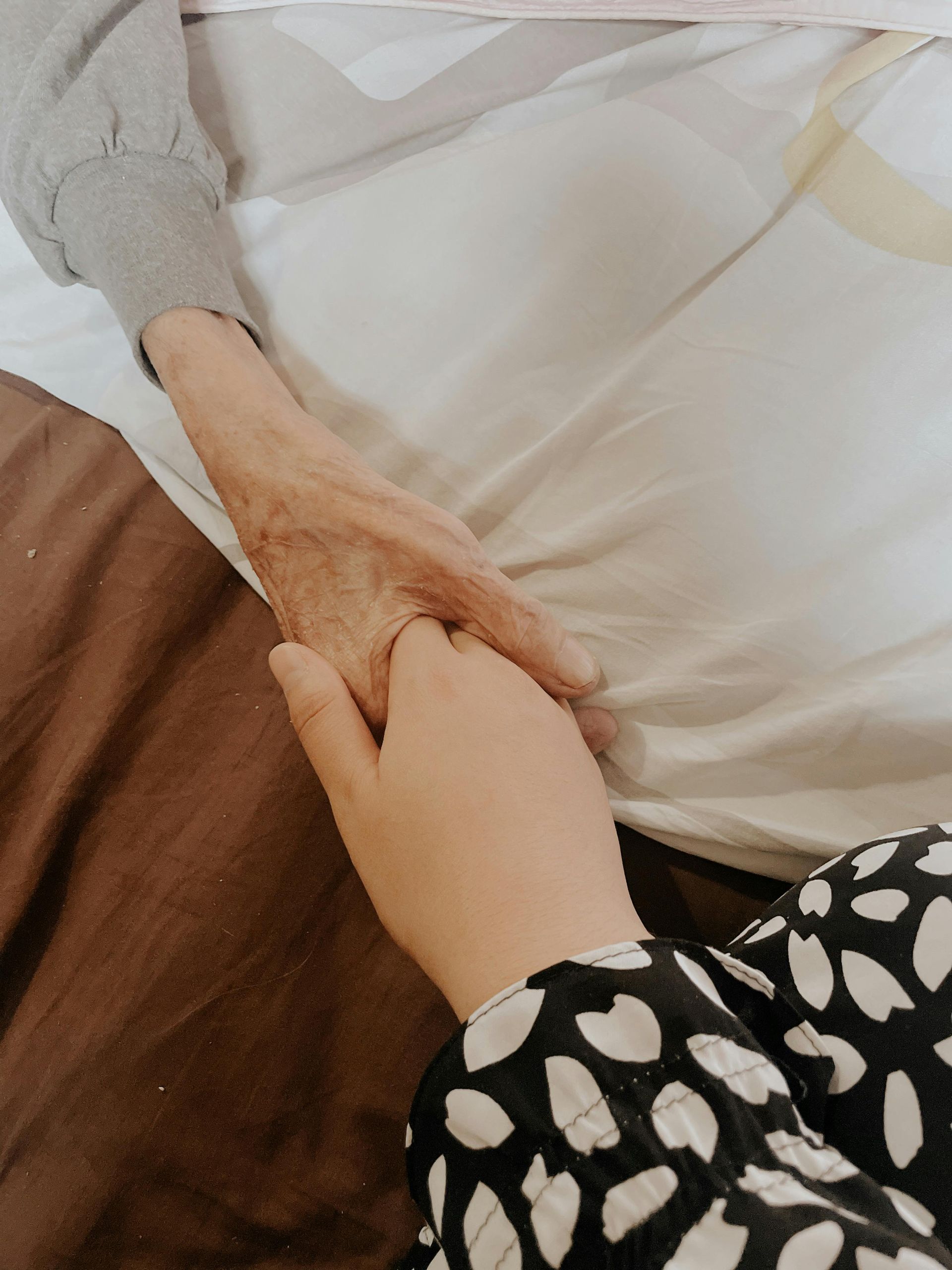Clearwater Nursing Center Cited for Serious Deficiencies
Libby Hastings • October 6, 2025
Clearwater Nursing Center Cited for Serious Deficiencies, Including Resident Sexual Abuse
KABC routinely reviews nursing home inspection reports to help families stay informed and advocate for safe, quality care. A recent inspection of Clearwater Nursing Center, Clearwater, completed in September 2025, uncovered serious deficiencies, including a substantiated case of resident-to-resident sexual abuse.
Key Findings from the Inspection
Inspectors documented multiple failures at Clearwater Nursing Center:
- Failure to protect residents from sexual abuse. The report describes an incident where a resident sexually assaulted another resident. Staff failed to ensure adequate supervision and safeguards, resulting in direct harm. Protecting residents from abuse is one of the most basic obligations of any nursing facility.
- Delayed and inadequate response to the abuse incident. Staff did not act quickly enough to separate residents, report the incident, or ensure proper protections were in place afterward.
- Medication administration errors. Inspectors found lapses in following physician orders and proper procedures for giving medications, creating unnecessary health risks.
- Inadequate infection control practices. Staff did not consistently follow hand hygiene and PPE protocols, exposing residents to preventable infections.
- Poor care planning and follow-up. Care plans were not updated to reflect residents’ changing needs, leaving them vulnerable to gaps in treatment and support.
The Facility’s Right to Appeal
Clearwater Nursing Center has the right to appeal these findings. Facilities may contest deficiencies if they believe inspection results are inaccurate. However, while the appeal process unfolds, these serious deficiencies remain on record and available to the public.
Why This Matters
No resident should ever experience abuse, neglect, or unsafe conditions in a nursing home. Federal regulations are in place to protect the health, dignity, and rights of older Kansans. When facilities fail to meet these standards, residents pay the price.
At KABC, we stand firmly with residents and families. We advocate for stronger protections, more effective oversight, and a long-term care system that prioritizes people over profits. Families deserve to know when problems occur, and residents deserve to live in environments where they are safe from harm.
For those who want to learn more, inspection reports
are available through the Kansas Department for Aging and Disability Services. A copy of the report mentioned above can be found here. KABC is also here to help families understand deficiencies and take action to advocate for their loved ones.






